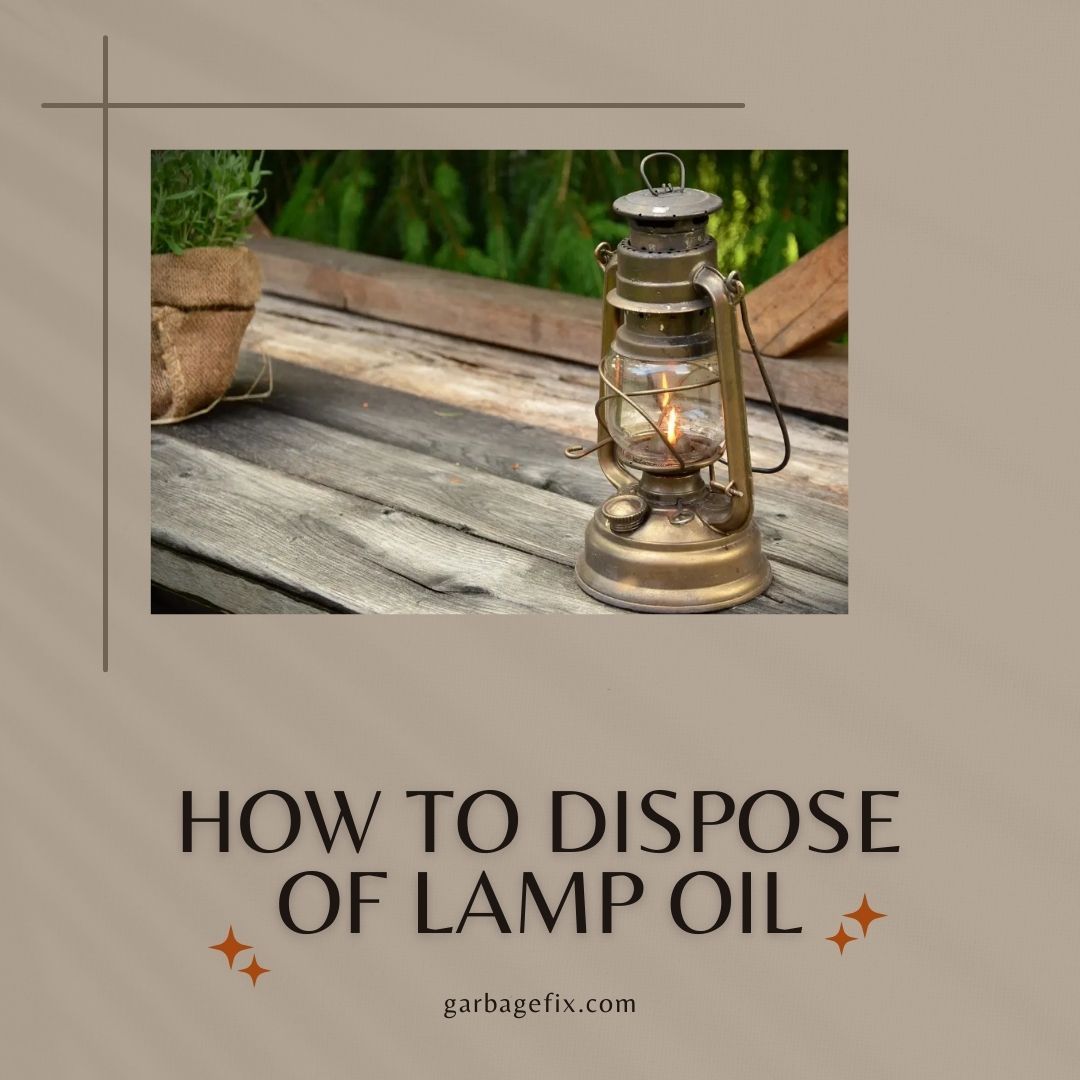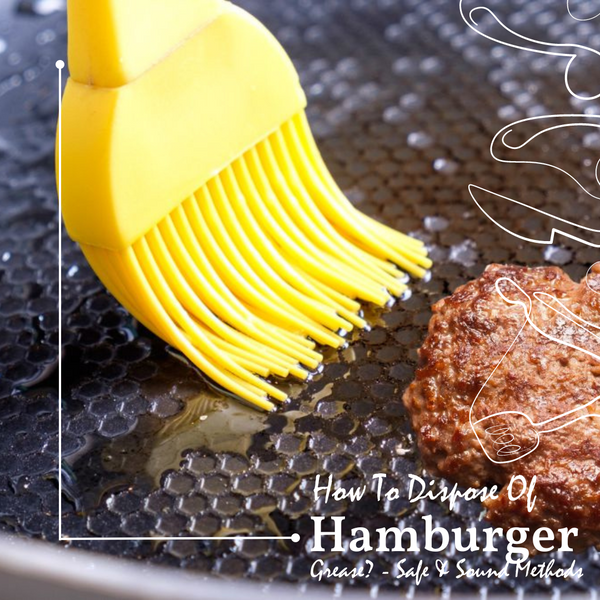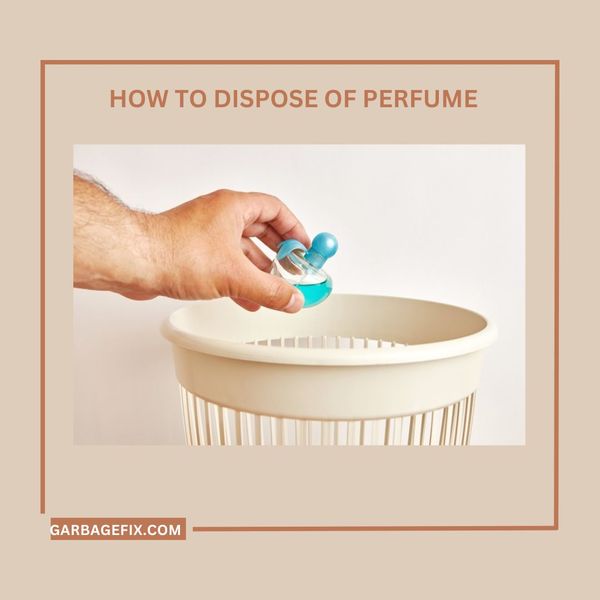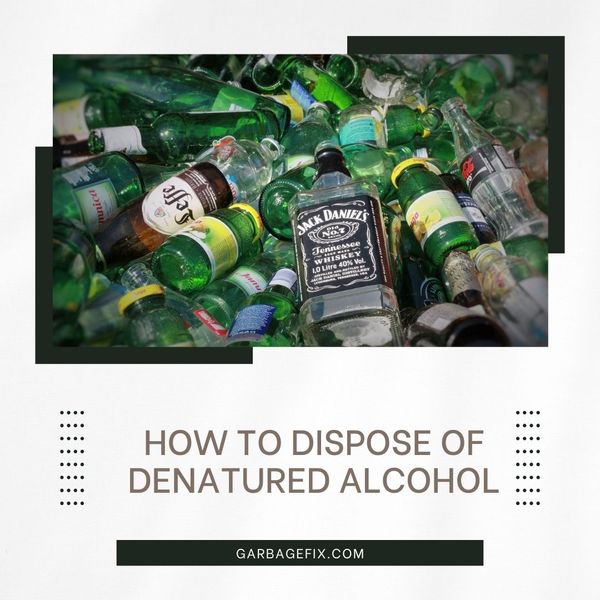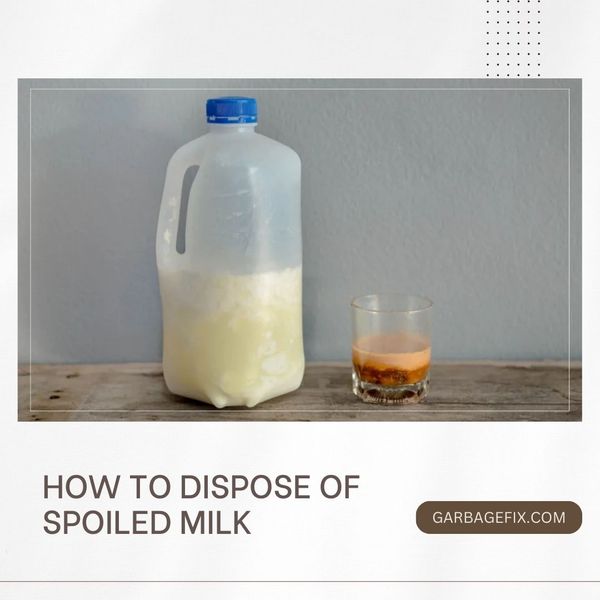Incorrect disposal can harm the environment, potentially contaminating soil and water sources.
In this easy-to-follow guide, we will walk you through the step-by-step process of disposing of lamp oil responsibly. We will also explore alternative uses for old lamp oil to minimize waste and make the most out of your resources.
By following these guidelines, you protect the environment and ensure the safety of yourself and those around you. Before you commence on the disposal journey, take a moment to gather the necessary safety equipment and prepare for a clean and eco-conscious method of dealing with your lamp oil.
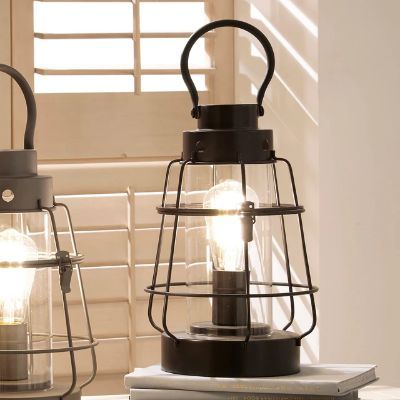
How to Properly Dispose of Lamp Oil? - A Step-by-Step Guide
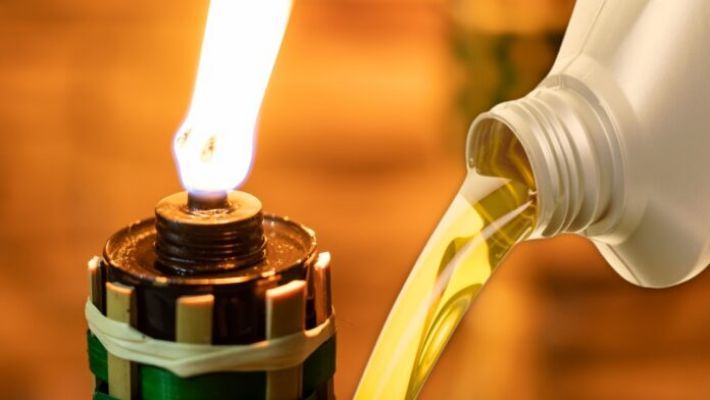
Disposing of lamp oil might not be a common household task, but it's crucial to do it safely and responsibly when needed. Incorrect disposal can adversely affect the environment and pose risks to human health.
Step 1: Check for contamination
Before you even think about disposing of your lamp oil, it's essential to check if it's contaminated or expired. Inspect the oil for any visible impurities, like dirt or debris. If the oil appears cloudy or discolored, it might be contaminated. In such cases, you should separate clean and contaminated oils. This ensures that the clean oil can be reused or disposed of properly while the contaminated oil is managed differently to prevent environmental harm.
Step 2: Store unused lamp oil
If you have unused lamp oil that you want to keep for future use, it's crucial to store it correctly. Use the original container or a suitable storage container designed for flammable liquids. Ensure that the container is tightly sealed to prevent spills or leaks, which can be hazardous. Proper storage maintains the oil's quality and keeps it safe until you need it again.
Step 3: Reuse or recycle if possible
Consider eco-friendly options before disposing of lamp oil. If the oil is still clean and in good condition, explore opportunities for reuse. You can use it in outdoor torches, lanterns, or oil-based lamps and candles. Additionally, some lamp oils are recyclable. Check with your local recycling centers to see if they accept lamp oil and follow their guidelines for proper disposal.
Step 4: Disposing of contaminated or expired lamp oil
If you have contaminated lamp oil past its expiration date, it's classified as hazardous waste. Handling it improperly can harm the environment and pose health risks. Contact hazardous waste disposal services in your area to safely dispose of hazardous lamp oil. They have the expertise and facilities to manage hazardous materials following strict regulations.
Step 5: Transporting lamp oil for disposal
When transporting lamp oil for disposal, use secure containers designed for hazardous materials. These containers should be leak-proof and well-labeled to indicate their contents. Proper labeling helps ensure the safe handling of the materials throughout the disposal process.
Step 6: Drop off or schedule a pickup
Locate a hazardous waste disposal facility in your vicinity. Most areas have designated centers equipped to manage hazardous waste properly. If available, consider scheduling a pickup service for your hazardous lamp oil. This option can simplify the disposal process and ensure professionals safely handle and dispose of the oil.
How To Prepare Safe Disposal Of Lamp Oil?
Preparing for the safe disposal of lamp oil is essential to minimize environmental impact and ensure safety during the process. Here's an explanation of how to prepare for the safe disposal of lamp oil:
Gather Necessary Supplies
Before you begin the disposal process, gather the essential supplies. These may include:
- Protect your eyes and skin from potential splashes or spills.
- Having a fire extinguisher nearby can be a lifesaver in case of an accidental fire.
- Prepare suitable containers for storing clean or reusable oil and separate containers for contaminated or expired oil.
- This can help you pour the oil into containers without spilling.
- Clearly label containers to indicate whether they contain clean or contaminated oil.
Choose a Well-Ventilated Area
Conduct the disposal process in a well-ventilated space. Lamp oil can emit fumes that may be harmful when inhaled, so avoid enclosed areas or work near an open flame, such as a gas stove or a candle.
Avoid Open Flames and Smoking
Lamp oil is highly flammable, so ensure there are no open flames or smoking in the vicinity during the disposal process. Turn off any stoves, candles, or other open flames in the area where you're working.
Read Labels and Instructions
Review the labels on the lamp oil containers to check for any specific disposal instructions provided by the manufacturer. Some lamp oils may have unique disposal recommendations.
Prepare for Contaminated Oil
Take extra precautions if your lamp oil is contaminated or expired. Contaminated oil should be handled as hazardous waste. Be ready to contact hazardous waste disposal services in your area to ensure it's disposed of properly and safely.
FAQs
Is It Possible To Recycle Lamp Oil?
Yes, lamp oil can be reused in oil lamps and lanterns, and some local programs or recycling facilities may accept it for specific recycling processes, which can help reduce waste and promote sustainability.
Why Is There A Need To Ensure Safe Disposal Of Lamp Oil?
Safe disposal of lamp oil is essential because it's highly flammable and can't be thrown in the trash or poured down drains, risking environmental hazards and pollution. You can ensure safe disposal by using hazardous waste collection sites, recycling it for lamps, or, as a last resort, sealing it in a labeled container for regular trash disposal.
Does Lamp Oil Evaporate?
Yes, lamp oil can evaporate when exposed to open air, particularly in warmer conditions. Proper storage with a tightly fitting cap is essential to prevent evaporation and maintain its quality. An inadequate seal can lead to evaporation and thickening of the lamp oil over time.
Conclusion
Responsible lamp oil disposal is paramount for environmental preservation and safety. Following proper disposal methods, we safeguard our surroundings and promote eco-conscious choices. Contributing to a cleaner environment begins with small acts like disposing of lamp oil correctly. Let's take these steps to heart and collectively work towards a more sustainable and safer future for our planet.


